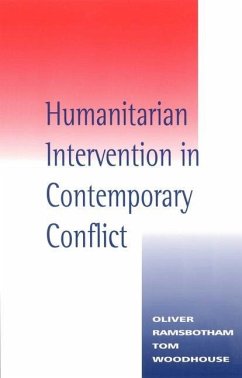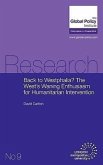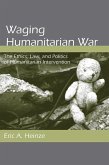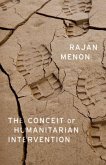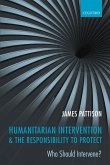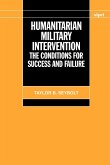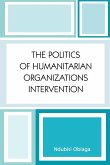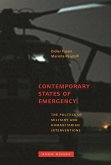This timely book is a wide-ranging assessment of the international response to devastating contemporary conflicts, such as those in Bosnia, Somalia and Rwanda. As such, it is the first comprehensive account and examination of humanitarian intervention in the post-cold war period. After a thorough survey of the traditional debates, the authors concentrate on an analysis of contemporary conflict, using illustrations from a range of post-cold war examples. Various options including non-intervention, non-forcible peacekeeping, and forcible humanitarian intervention are illustrated and discussed, with profiles of the most destructive contemporary conflicts and the responses to them by the international community. The roles of governments, UN agencies, the Red Cross and non-governmental organizations are carefully examined. From this material, the authors argue for a reconceptualization of humanitarian intervention and develop principles which, they argue, should govern all of its uses. The book ends with detailed accounts of Bosnia and Somalia. In broadening and updating the theory of humanitarian intervention, this book balances clear explanation with detailed examples. It contains recommended further reading, diagrams and tables, and a full bibliography of references making it an ideal introduction for students studying international relations, international conflict and conflict resolution. It will also be of interest to those governments, UN agencies, the Red Cross and non-governmental organizations concerned to develop a more effective response to humanitarian crisis.

